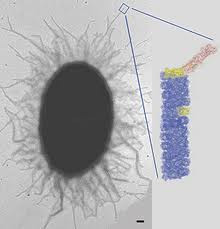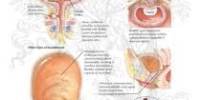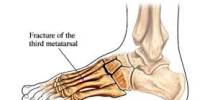HISTORY & BACKGROUND:
The Centre, established in 1978 as successor to the ‘Cholera Research Laboratory’, created in 1960 to study the epidemiology, treatment and prevention of Cholera. The following is a summary of its rich history:
- 1960 – Established as Cholera Research Laboratory
- 1968 – First successful clinical trial of ORS
- 1973 – Shift from classical cholera to ‘Eltor’ type.
- 1977 – MCH and Family Planning intervention in Matlab
- 1978 – ICDDR’ B established
- 1983 – Epidemic control preparedness program
- 1984 – UNICEF’s Maurice Plate awarded.
- 1987 – USAID’s Science & Technology for Development award
- 1995 – Maternal Immunization made, which protects infant for 22 weeks.
- 1998 – Initiates National HIV surveillance
- 2000 – Assists GOB with control of Dengue
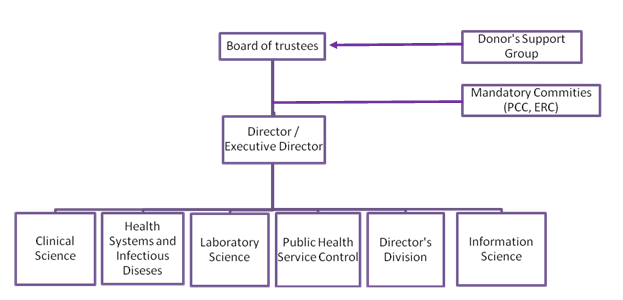
TECHNICAL STAFF:
A mixture of national and international staff present consisting of:
- Public Health Scientists
- Laboratory Scientists
- Clinicians
- Nutritionists
- Epidemiologists
- Demographers
- IT Professionals
- Experts in emerging / re-emerging diseases.
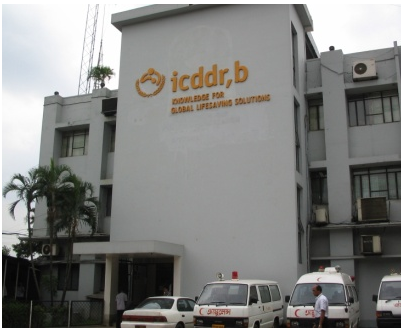
AIMS & OBJECTIVES:
- To provide an effective and thorough treatment, for the diarrhea stricken people.
- Prevention of diarrhea related child mortality.
- To develop and promote realistic solutions, to the major health and nutrition problems faced by the poverty-stricken people of Bangladesh.
SERVICES AND ACTIVITIES OF THE ORGANIZATION:
- The center conducts hospital and community based clinical Research on Diarrheal diseases, respiratory infections, and nutrition and child development.
- The institution provides scientific laboratory based technology to address Diarrheal diseases and related health problems of the underprivileged population.
- The information science division facilitates two-way transfer of knowledge, in and out of the center.
- The center in cooperation with the government of Bangladesh conducts community based family health research on maternal and child health, communicable diseases, immunization, nutrition, reproductive health and health care delivery systems.
- It provides library facilities and information delivery services to the central staff.
- The institution in collaboration with partners from academic and research institutions throughout the world, conducts various lines of research and training.
ACHIEVEMENTS:
- The center was integral in the invention and further development of oral rehydration solution (ORS). ORS is hailed as one of the most outstanding medical inventions of the last century. Therefore, the institution was awarded the Gates Award for Global Health in May 2001.
- The center’s strategies on the proper management of cholera, enteric infections and epidemiology of diarrheal diseases, has founded a knowledge base and respect among health professionals worldwide.
- The center’s population based Matlab field site is a model for the public health strategies around the world.
PROBLEMS & CONSTRAINTS:
It is a solely donor dependent organization. Therefore, whenever the donors delay or stop their donations, even for a short period, the center has to halt much of its activities and limit the extent of their services.
ORGANOGRAM:
PERSONAL OBSERVATIONS:
- It is a well-organized and well-equipped center.
- The concept of the special beds for diarrheal patients was quite interesting.
- The hygiene and maintenance of this institute needs improvement
CONCLUSIONS:
Bangladesh is a developing tropical country. Diarrheal diseases and enteric infections are a major health issue here. This institution plays a significant role in early diagnosis and proper management of diarrheal disease. Their research activities play an important role in upgrading the knowledge base of medical science and health services.
